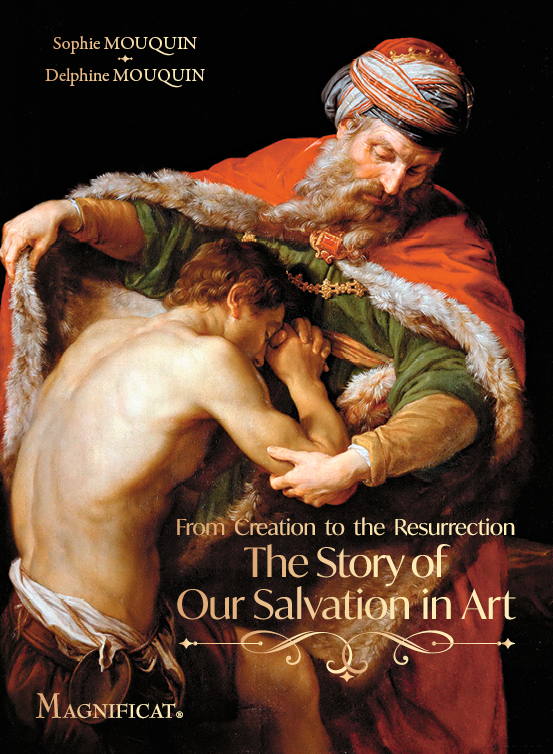“There are no words to express the abyss between isolation and having one ally.” Chesterton was right. Of the various ordeals we face in life, the experience of isolation, of being alone, is one of the most acute. Never is this more true than when we are suffering. It’s a terrible thing, when you are in anguish, to look for help and find yourself all alone. It’s another thing entirely if, in the midst of your pain, someone who loves you steps to your side. A friend makes a rough patch smooth, a bitter time sweeter. To have someone who is truly present to us in our sorrow makes all the difference.
But friendship is a risk. The promise of accompaniment brings with it the possibility of disappointment. When we share our lives with others, when we make ourselves vulnerable, we can only believe and hope that they will love us well, though we know all too well that many are limited in their ability to do just that.
Maybe it’s rare that we are betrayed in some spectacular way, but little letdowns come thick and fast. A friend asks how you’re doing but turns away to his phone as you start to unburden yourself. As his eyes flit away from your face and towards the screen, you take back the part of your heart you had meant to share, feeling dismayed, embarrassed, alone.
The temptation is to get used to the cold, to grow numb. Wouldn’t it be better not to feel at all than to feel pain? If you don’t open yourself up, you won’t have to suffer so many little wounds, which can sound infinitely preferable.
The Lord seeks to dismantle this grim resolution. In Jesus Christ, God has befriended us, and sincerely so. I have called you friends (Jn 15:15). If God says it, it’s true. We have nothing worth sharing; he assumes our humanity. The Word became flesh and dwelt among us (Jn 1:14). When we can’t formulate our own thoughts, he shares his with us. I have told you everything I have heard from my Father (Jn 15:15). When we are tired, lost, alone, despairing, he is there. Come to me, all you who labor and are burdened, and I will give you rest (Mt 11:28). Christ calls us forth into a relationship in which we are truly seen, in which our vulnerability is treasured. You are precious in my eyes and honored, and I love you (Is 43:4).
And lest we ever think, for even one moment, that this relationship will be withdrawn, Christ leaves us himself. The Eucharist abides as saving testimony of his enduring friendship. In the sacrament of his Body and Blood, he dwells with us. From the tabernacle and the monstrance, he gazes into our lives, undeterred by distraction, engrossed with attention.
In the Eucharist, Christ rewards the risk of faith and refuses to disappoint hope. His fascination in turn begets our own. Our response to him is not so much the fruit of a herculean effort as the recognition of an offer that goes before us. Eucharistic worship is but the heart’s captivation by him who attends to us with a deliberate interest. If he is so really and truly present to us, we can endeavor to be wholly present to him. “He looks at me, and I look at him,” said the old farmer to Saint John Vianney.
There are no words to express the abyss between averting our eyes and holding his gaze, for there is no isolation that our divine Friend cannot fill.
(Father Gregory Pine, o.p., is a Dominican friar of the Province of Saint Joseph. He is a professor of theology and the author of Prudence: Choose Confidently, Live Boldly (Our Sunday Visitor), and a host of the podcast Godsplaining.









